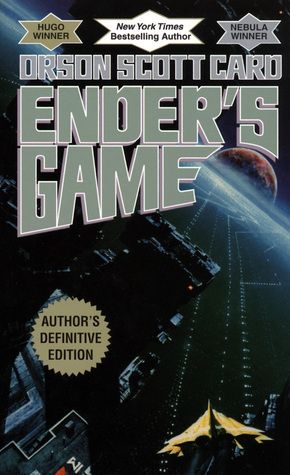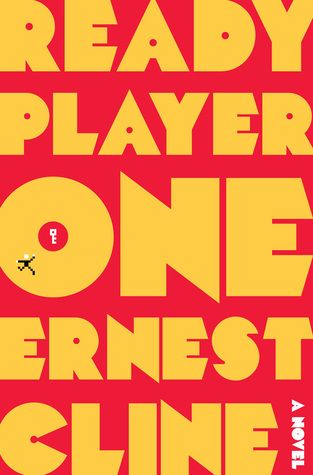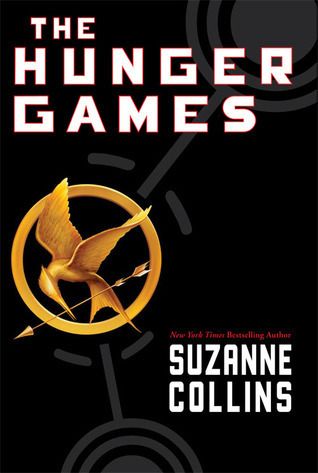Being a part time student and a part time working woman, I do not have as much time left as I would like dedicated to reading books. However, being a full time reader, I still, obviously, make some time. I prefer reading fiction, it appeals to me much more than reading about a life I am already living, but I am constantly relating the books I read to my everyday situations. Upon reading this year’s conference topics, several books came to my mind, and in this brief entry I try to explain how a few of them might be good picks for letting one’s imagination flow… and for writing a creative and innovative SABF application essay (of course).
The Hunger Games: Effective Governance
In case you have been hiding under a rock for the past 10 years or so, and haven’t done it already, I am here to urge you to read The Hunger Games trilogy. This saga is not only a pioneer in matters of dystopian fiction, it is also intrinsically related to this year’s edition subtopic “Effective Governance”.
In the book, the citizens of Panem are subjugated to a corrupt and authoritative government and are even forced to participate in rituals of assassination. Divided into Districts, they are also made to work their entire lives to provide for the wealthy people at the Capitol.
While this dystopian world is far from our reality, similarities in the characters’ actions and reactions, and in their intentions and attitudes makes the reader feel a lot closer to them. We as individuals can empathize with them for various reasons. We know what it is to live under the rule of corrupt officials. We also know there are many people in power who are only trying to do their best but end up being silenced by those above them. We can also understand that what may be an effective way of ruling for some is misery for others.
In Panem, people work to their full potential, because they are forced to a life of barely covering their necessities. There are no political disagreements, because there is no space for argument. They do not suffer the consequences of being indecisive in life, because all their choices are made for them.
The book leaves us thinking about the sacrifices needed for an effective governance, but also invites us to reflect upon what, exactly, means to govern “effectively”. Taken to the extreme, it shows a world in which people in power have made different decisions than the ones they make today, raising the everlasting question of: what if?
Ender’s Game: Tribalism
Movies don’t usually make the books in which they are based on, justice. With Ender’s Game, this is an understatement. If you have seen the 2013 movie, please, erase it from your mind. Orson Scott Card’s excellent science-fiction book series starts with a novel based on the story of a genius boy that is recruited to be part of military school. And, also, the school is in space.
Although if one looks at it through a narrow point of view, the book might seem just another young-adult fantasy story, it is its ending and the subsequent novels which make this first instalment stand out even more than it does on its own.
I am recommending this book for this specific topic because it teaches the reader that even only one individual can change the way a whole community (or in this case, race) thinks about another different (alien) community. It makes an extraordinary case that proves that by understanding the way “the other” thinks, even if it is not in sync with the way we think, and accepting that their thoughts are just as valuable as ours, diverse societies can live in harmony and peace.
The 16 novels that make up the Ender’s Game Series explore in depth the cohabitation of different races, the problems arising because of it, and promote the idea of peace and verbal understanding as key to a functioning, heterogeneous society. Far beyond a classic science fiction story, Orson Scott Card delves into the essence of human interaction, speaking about religion, the treatment of death in different cultures, hierarchies and government structures, science and technology; and above all, the search for a new and cooperative way to live when all these (and many more) aspects of life are treated differently by people living in the same community.
Ready Player One: The Attention Economy
I think that even for those who have just seen street posters of this book that was made into a movie last year, that it’s pretty obvious how it relates to the subtopic of “The Attention Economy”. In a world where everything revolves around the lives people have inside a virtual reality game, the concept of “the attention” as an economic asset is deeply explored.
Actually, in the novel, the “asset” ends up being a double-edged sword. People pay in order to spend more and more time inside the game, because their lives inside it are much richer than the ones outside it. This way, people are actually paying to be torn away from their real lives.
Without spoiling too much of the book, I would like to point out one specific scene of it. The virtual reality game’s marketing team is discussing the best way to increase the amount of ads a player sees on his or her screen, without causing an important level of distraction from the game. Their ads “plan” ends up being to cover up most of the space, to maximize revenue. These ads end up literally in front of the player’s eyes, each of them fighting for his or her attention, much like products at the supermarket. Much like a basic, actual, economic system.
It goes both ways: people paying for content, and content-creators paying for people to see their content. Either way, it can be clearly seen that a new market is in place in this futuristic world. The book invites the reader to reflect upon how much of their real lives they are sacrificing in order to live their virtual ones better. How much are you giving to the attention economy market? Is it worth it?



As Orson Scott Card wisely said:
“Fiction, because it is not about somebody who actually lived in the real world, always has the possibility of being about oneself.”
These books could very well talk about our future, or maybe even our present as a society. Because they are fictitious, they open our minds to think outside the box, and of possibilities that we cannot see merely by taking a look at reality. I want to encourage you to bring this kind of thinking into your life, and if you do happen to read them, look for me on the 25th, 26th or 27th of July, I will be right here in Buenos Aires attending an amazing conference called SABF.
Have you read any of these books? Did you interpret something different from me? Are there any books you would like to recommend to the community related to this year’s topics? Share your thoughts with the hashtag #SABFreads. And, of course, last, but not least, don’t forget to apply before April 27th!